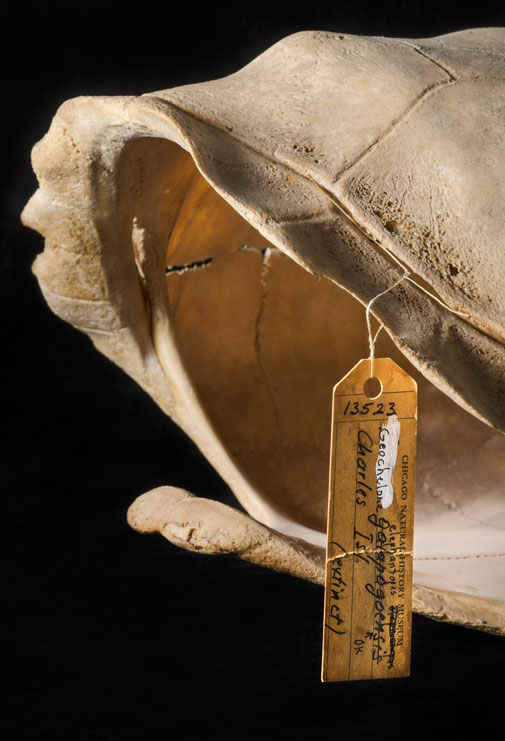- Vol. 01
- Chapter 01

Be Conscious of Your Fins
'Be conscious of your fins.' The guidebook phrase stayed with me well after that outing. We left Stonetown on a covered boat named Mr Bean; there was also a Gladiator and a Hakuna Matata in our little fleet. We were to snorkel off the coast of Zanzibar. Be conscious of your fins because they can damage the corals. 'Unfortunately for Zanzibar’s dolphins, things have gotten out of hand these days…'
When I came up, everyone had already taken off their masks and was waiting for me. I climbed back aboard and Mr Bean puttered across to an islet. There was an old ruined fort there, overcome by roots. There was also a paddock of giant tortoises, and they all seemed to be in heat: clambering over each other, clanking shells, rutting in slo-mo.
'The shell is clearest proof of life’s ability to constitute form.' I want to think chaste thoughts when I see this remnant on the screen: labelled, all the life in it vacated, scooped out by time. I want to think of a favourite French philosopher’s musings on nests and shells: the shelters that vertebrates and invertebrates build around themselves respectively, incrementally – felicitous structures that poets and children are drawn to. Or natural historical thoughts, in measured Darwinian prose – patiently tracing the geometries of evolution, uncovering variation, niches, endless forms.
But that was the Galapagos, and this was Zanzibar (which it was never my idea to visit, anyway). Those Pacific islands were left alone until late in the world historical day; Stonetown was slave port that all manner of human misery had passed through. That was The Beagle, this was Mr Bean. A Rough Guide was the only reading matter on board, alternately recommending honeymoon lodges and scolding you for being part of the very tourist ecosystem it was sketching out in such detail.
Be Conscious of Your Fins
'Shouting and waving your arms around will not encourage dolphins to visit your boat… It is they who choose to interact with people, not the other way around… Never ride on the backs of turtles.'
The sea turtles had crawled out of the sea; fins had become feet. However many million years later, we had crawled out of the sea, woozy from being underwater, feeling off-key from the anti-malarials, possibly a little sunburnt. Then, as you are caught off guard, struggling to equalize, the non-human world delivers a message: it comes from giant tortoise mouths chewing leaves to a paste, the paste coating their giant tortoise tongues (you could even smell their breath). Leathery necks craning in the act, sticking far out of the shells, even a pulse visible through the thickened skin.
'Geochelone galapagoensis.' Your shell is empty, waiting to be inhabited by polite reverie. Those were filled, very much filled: by leathery creatures mounting each other, lowing like cattle, big pinning down little on a formless morning.
